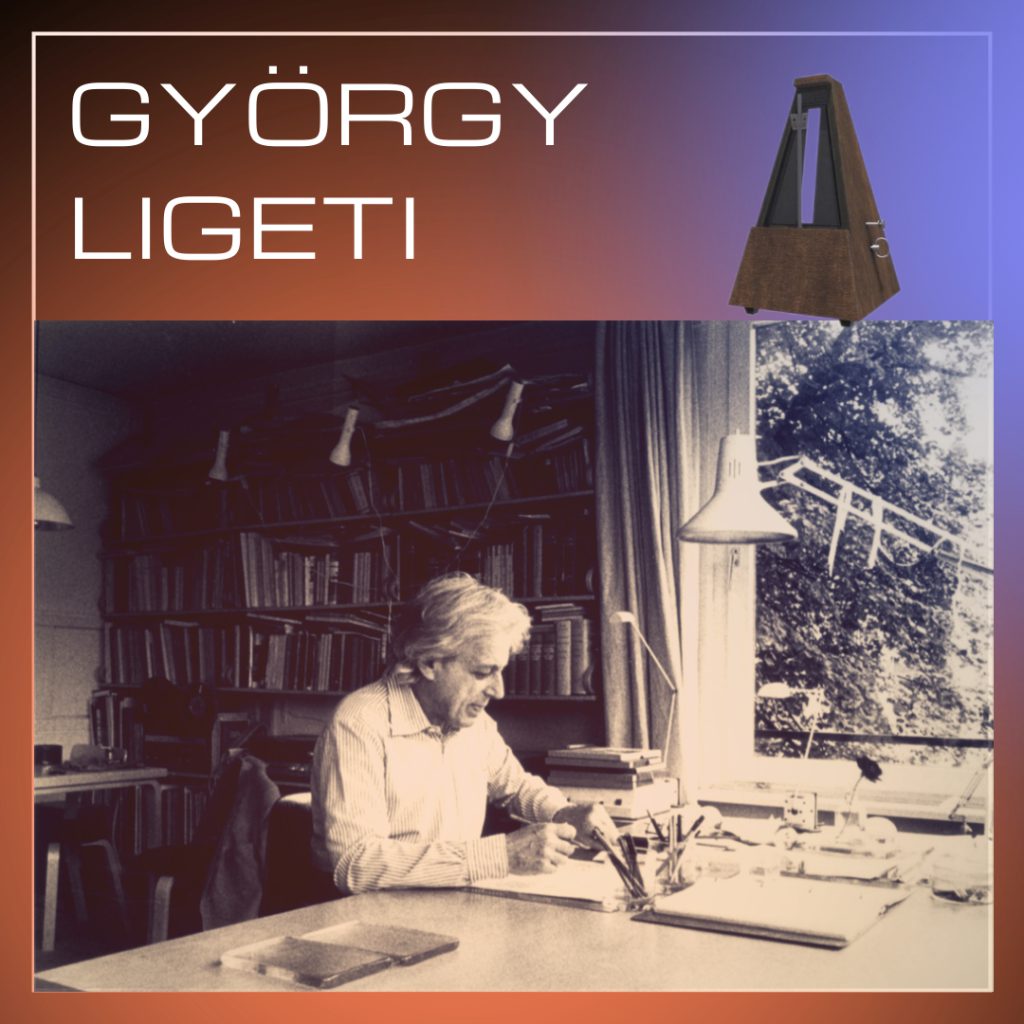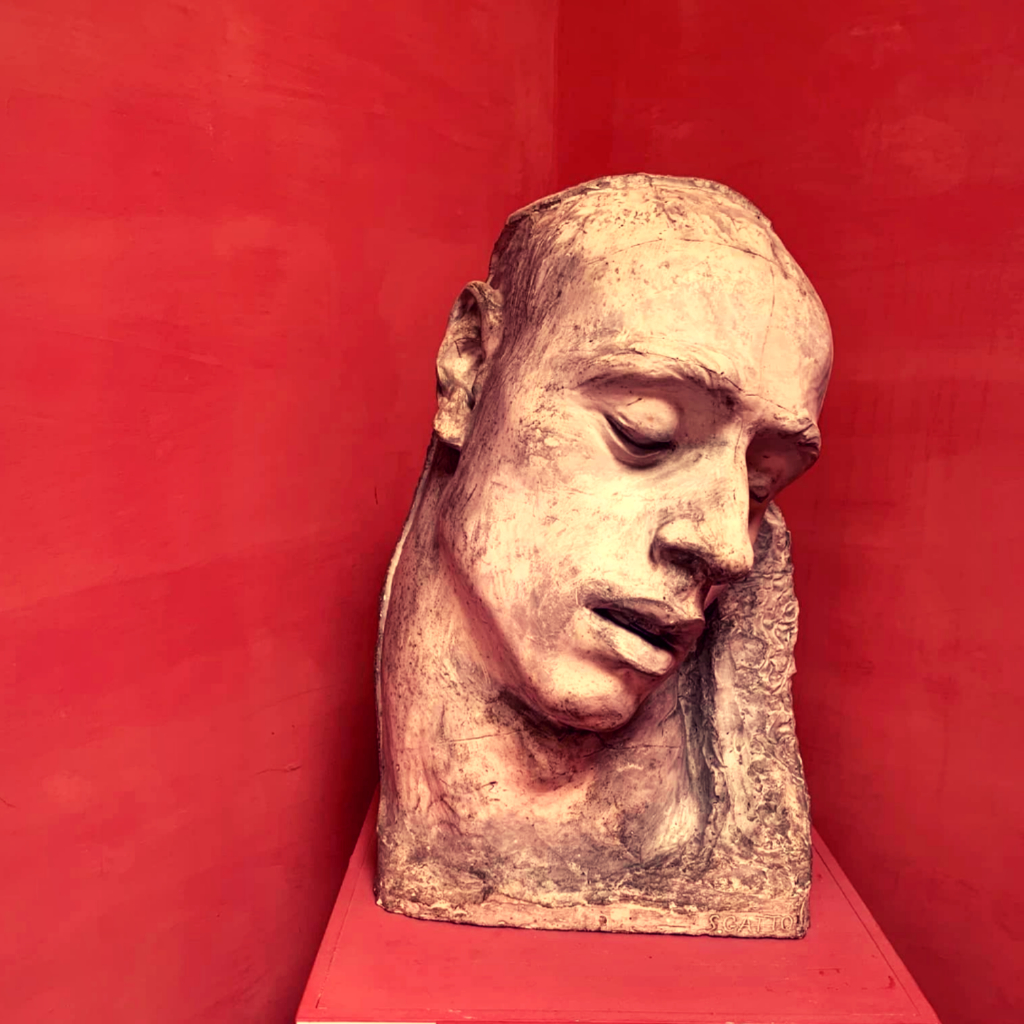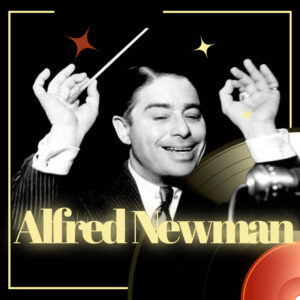
The music of this composer sounds in «Shining» and many other films of Stanley Kubrick. In this article we give interesting information about the mature period of György Ligeti’s work – the 1950s, and his perception of avant-garde Western music and contemporaries.
Although Ligeti took steps to establish contacts in the United States upon the newly reopened refugee quota in the early spring of 1957 (through utilizing the American addresses which Seiber had provided), he wrote on the 31 March that he deemed remaining in Germany the sensible course of action. He established in a letter to Seiber that this was not only related to his scholarship (which continued until mid-June), but because “here I have very good opportunities to become acquainted with modern music and to have my future compositions performed.”
Arriving in Cologne in mid-February, Ligeti initially resided with the Stockhausens. Ligeti’s letters from this period reflect the shock with which he received avant-garde music, both positive and negative. Capturing some of this conflict, he wrote to Veress on 1 April:
I’ve fallen head over ears into the work of the electronic studio here. It is extremely interesting; I’m learning things of which I previously had no conception. I wouldn’t dare make a judgment about this kind of making music yet. Despite all my interest [in this] I have a certain feeling of distance toward electronic music. Incidentally, music is regarded here rather one-sidedly, and almost nothing is appreciated but Webern and his followers. During my initial two weeks, I had the opportunity to familiarize myself with practically the complete works of the younger generation – Nono, Boulez, Stockhausen, etc. (they have everything on magnetic tape) – as well as many works by Webern. The latter had already left a deep impression on me previously. Of the newer generation, I feel Nono is the most talented. Stockhausen has a sensational intellectual capacity, and he is a very nice boy; though I cannot yet grasp a clear picture of his music. I am learning a striking amount of new ideas here. That all this has, and will continue to, leave a profound impression on me is certain. I am nevertheless secure in my aspirations: I will create an entirely different manner of music from what they compose here. In the past month I did not have the opportunity to listen to music because I was commissioned to analyze works by Boulez, and I even wrote a longer article on one of his works. This wasn’t a musical task but rather like deciphering cryptography. I am extremely curious what Professor thinks about this trend. I think that the “serial” technique offers a great many potentialities, but only if one can overcome [its] automatisms, and master how to handle serially constructed material freely, as a sonic raw material. The real articulation of form begins where the automated construction ends. As it stands, I feel that electronic music is most useful in that it reveals, through its wonderful and previously unheard sounds, completely new sonic possibilities regarding instrumental music also.
The speed with which Ligeti was able to assimilate the technique and aesthetics of serial and electronic music, whilst simultaneously distancing himself from these developments, is striking. Arguably he separated himself from, before fully digesting, these new approaches. Ligeti’s letter to Veress dating from the Christmas of 1956 exemplifies this:
I don’t want to do something similar to what Boulez and Stockhausen do; that sort of mathematics is still somewhat alien to me – although I’m interested in it very much. But if they are like Mondrian then I’d prefer to be like Klee.
Ligeti’s letters suggest that he left Hungary already in the possession of almost fully-developed musical plans and established compositional ideas. This possibly explains why his encounter with the novelty of the Western European avant- garde did not stunt his creativity, rather, these experiences fueled his approach to technical musical construction and to articulate his concepts and approaches in a way that appeared current – and thus acceptable – in the context of the Cologne- Darmstadt avant-garde. On 12 July 1957 he wrote to Weissmann about his work in progress, Apparitions:
I consider [it] my first composition; I feel that I now start from zero point, and what I’ve written so far is worth nothing. I will state that there is no Stock- hausenism in it, it is not “serial” music, it only loosely contains dodecaphonic elements, and even those are insignificant. I strive for a liberated music, putting dreamlike or visionary sound-fantasies to paper.
Ligeti’s correspondence with these three fellow expatriates displays not only his ability to swiftly adapt to new environments, but to conceptualize contemporary aesthetics. He was opportunely suited to his new circumstances. In 1957 West Germany was a hub for new music, and WDR was perhaps the most important workshop of avant-garde composers in Europe. Ligeti became engaged with this musical nucleus as an established composer who was nevertheless still young enough to desire a break with his past: to embark upon a new creative path. By contrast, Veress’s post-emigration career perhaps exemplifies an opposing case study, in which a lack of comparable fortuitous constellation of locale, historical context and personal circumstances becomes evident through posterity.



